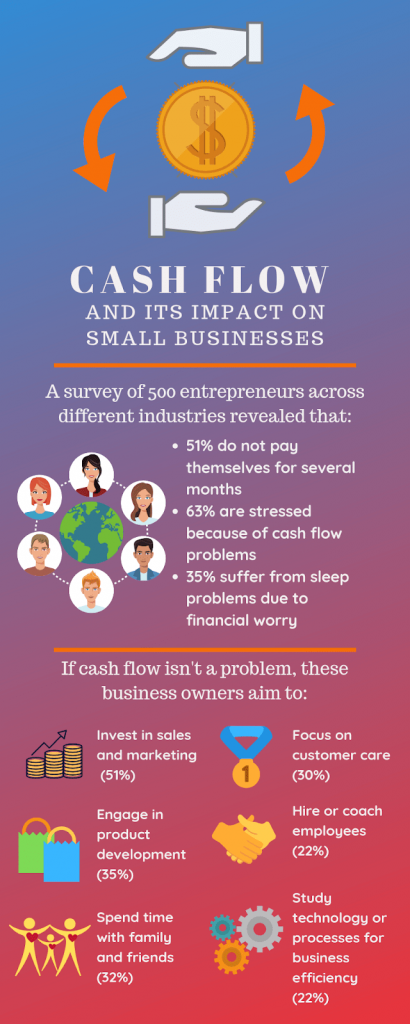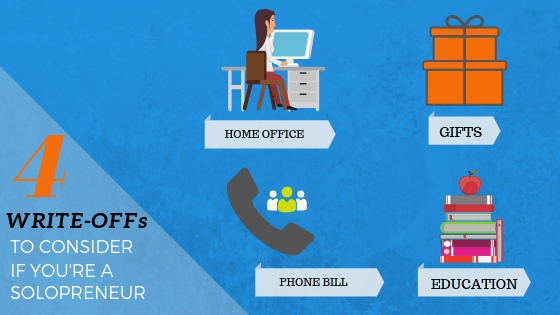4 Budgeting Tips for Solopreneurs

These days, there are many ways to make money from home. If your hobby is photography, you can build a portfolio and earn by uploading in stock photo websites. If you love crafts, you can turn your passion into profit through Etsy and similar platforms. If you want to join the eCommerce industry, you can sell products on Amazon, eBay, Jet, and other sales channels.
But how do you manage a one-person brand in an industry notoriously ruled by huge companies?
The Solopreneur’s Need for Proper Budgeting Plan
Having to juggle too many tasks hasn’t stopped people from pursuing their entrepreneurial dreams — even if they have to run their businesses single-handedly. If anything, it fuels their passion and pushes them to work harder. However, doing every single thing for your business will eventually take its toll on both your company, yourself, and your bank account.
When you do everything in your business, you won’t have enough time and energy to work on other important parts of your business such as budget planning.
Budget planning has a stronger influence on business than many people think. Aside from fund allocation, budgeting is also key to positive cash flow. Without it, other aspects of business such as marketing, customer service, and product development are put in a shaky position.
A survey of 500 entrepreneurs from different industries by financial services firm Kabbage revealed that 51% of startup entrepreneurs go several months without paying themselves. About 35% of the respondents claim that cash flow concerns have kept them up at night, while 63% admit that they are in a constant state of anxiety owing to financial concerns.

Because entrepreneurs are people of action, cash flow problems usually have them diving into solutions that get them doing more. They increase ad spending, tinker with product offerings, or seek out investors. While these steps can help, they barely scratch the surface of the issue.
Cash flow problems are better addressed through careful and effective budget planning. Learning to manage your money as a company takes a lot of patience, practice, and skill. Businesses often encounter budget challenges at one point or another. But when you track your spending carefully and prepare a solid budget plan, you’re less likely to succumb to these problems.
To reach your financial goals as a solopreneur, you need to build a financial action plan made especially for a one-person company like yours. Check out these 4 budgeting strategies for solopreneurs:
Make a Year-Long Plan to Map Out Income and Cost Variations
When you make a cost-reduction action plan, it’s important to think long term. According to Access Wealth Planning senior advisor Howard Milove, business people should map out their budget for a whole year.
Having an annual budget, Milove says, will help a company brace itself for months when sales are low or barely moving. It serves as a forecast that tells business owners when and where their revenues will be coming from and what their biggest operational costs will be.
When you run a business by yourself, you don’t have the benefit of having different insights to predict possibilities or examine situations from different angles. More often, this would sidetrack you or catch you off guard especially during sales fluctuations.
When you work with an annual budget, however, you’re in a better position to handle unexpected expenses. You can set aside a portion of your sales and accumulate an emergency fund throughout the year in preparation for lean months. You can create cost-cutting methods with lasting gains rather than temporary results.
Take Advantage of Your Tax Write-Offs
Managing businesses single-handedly comes with unique challenges but it has unique perks as well. One of these is the eligibility to deduct select expenses from your taxable income.
It’s best to consult with a tax specialist, but it helps to have an idea about what to expect. Here are three questions you can ask to help you determine if an expense is deductible or not:
- Does this item have anything to do with my business? If an item or service is related to your company, you can write it off your income.
- How is this expense related/involved with my business? Having a list of items that you know are involved in your operations isn’t enough. To consider deductibles, you must have a clear understanding of how they are used in business. How will you describe its use or involvement should you need to explain it to the IRS?
- Would I spend for this if it wasn’t for my business? Some expenses can be more easily categorized as deductibles compared to others. If you’re confused about whether you can write-off an item or not, consider this sample scenario:
You booked a flight to attend a business conference. If it wasn’t for that convention, you wouldn’t need to get on that flight at all. This is considered a deductible.
You bought a business suit to look good and feel more confident meeting new people. Sooner or later, you will be buying a suit, regardless of your attendance at the conference. This is not a deductible.
Here are examples of items you can write-off your tax as a solopreneur:

- Home office – A home office, as defined by the IRS, is a regular or exclusive site for your business operations. This should be a separate place in your residence that you regularly use for business. Your living room or bedroom do not qualify as a home office deductible, even if you work there. A spare room that you use once a year doesn’t count either.
- Gifts – These are presents or souvenirs you give to clients or colleagues during special occasions or as tokens of appreciation.
- Phone charges – Checking emails, monitoring social pages, calling clients or suppliers. Using your phone for multiple business functions can quickly blow up your bill. Make sure to write-off business-related charges from your tax.
- Education – Whether you register to online courses or enroll in in-person training, you can deduct the fees you incurred from your tax. Other education-related deductibles are books, audio courses, eBooks, and journals.
Make the Most of Automation and Outsourcing
The idea that you need to do everything on your own to succeed in business is nothing more than a myth. Not only will this practice be detrimental to your health, it is also anti-productive and expensive.
As a solopreneur, you can’t afford to allocate your limited time and energy to all aspects of your business. You can’t control your business platforms 24/7, and you really don’t need to. There are affordable or free tools that you can use for administrative support or marketing assistance. Save money by trying out 7 of them here.
There are experts that you can work with to handle special business aspects from accounting to content curation. Because hiring in-house employees is costly, outsourcing tasks to a virtual assistant is the way to go. It will help you manage your company in a way that won’t have a massive effect on your savings goals. When you work with virtual staff, you don’t need to expand your office space or buy more supplies and equipment.
Remember, the process of cost reduction doesn’t only mean cutting costs or removing overheads. Smart budgeting means directing your funds to good investments such as remote staffing as well.
Include Retirement Savings to Your Budget
While small businesses have fueled the economy, it also came with some downsides. One of these hitches is working without concrete benefits. When you’re a solopreneur, you can no longer rely on a steady and fixed paycheck and a company-sponsored retirement or insurance. You need to go out of your way to take care of this yourself.
Despite your immediate and recurring expenses, you still need to make room for retirement savings in your budget. Your retirement fund can generate a sizable amount through compound interest and diversified investments. There are different retirement plans designed for solo entrepreneurs, such as the Solo 401(k). This plan works like the 401(k) but is designed and intended for entrepreneurs without on-site employees.
Because of industry fluctuations and inflation, it’s only fitting to have a retirement plan in place. Apart from providing security, taking care of yourself financially keeps your passion for the business going.
You face unique challenges as a one-person brand. Make sure you are equipped with the right strategies to face them. Follow these four budgeting tips for solopreneurs for better financial and business management.









